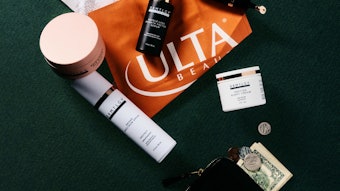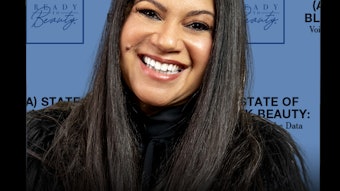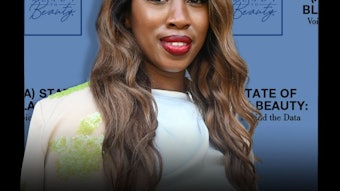- PR launched through social media has the potential for going viral.
- It is important to know who is following you in social media outlets, and this can be a very valuable tool to determine if you are reaching your target and which products your consumers want.
- Maintaining numerous online networks can be a challenge, but also offers rewards.
- Even when valuable content is offered through social media, a solid image should remain a priority.
It’s no secret that companies left and right are going the social media route. Whether it’s creating a business page on Facebook or sending out promos in 140 characters or less on Twitter, beauty marketers are turning to the Web to both drive sales and build consumer interaction for long-term success.
“As the world of technology changes, businesses must adjust with the times,” says Rachel Johnson, director of communications, Alchimie Forever. “I have found online media to be a fascinating and effective tool for building a brand.” She’s made sure the Swiss skin care line is on Twitter and Facebook, in addition to other online avenues such as Linkedin.
Rodan + Fields Dermatologists, the company that developed Proactiv before selling it to Guthy-Renker, has used the power of viral marketing—and everyone’s love of celebrities—to push its brands online. For its new product launches, the brand uses webisodes that debut exclusively on Facebook and cover beauty-related topics. This has helped the company boost sales and offer unique content to users.
Using Twitter was instrumental for Miriam Kleinman, president and chief scientific officer of Teava, to launch her tea-based skin care line. “I found that Twitter was an excellent source for garnering PR exposure,” she says. And PR launched through social media has the potential for going viral.
During the first week of her company launch, Kleinman secured an interview with ChicGalleria.com, which was then picked up by a major daily newspaper’s Web site. Within three months, she had an additional review, a radio interview and a product feature on a television show. “[Social media] allowed me to add credibility to my skin care line quickly and with no investment, and it continues to be a great resource,” she says. Angie Parlionas, president and founder of Yoyo Lip Gloss, has used social media platforms in addition to blogging to help increase her sales, connect with customers and create hype about products.
She says it is important to know the people who are following you, and has leveraged Twitter and MySpace to get women to attend casting calls, participate in giveaways and respond to surveys—which have been a very valuable tool to determine which products her customers want and love.
Not only do these campaigns add a different dimension to advertising and marketing, they add direct contact to the consumer. “Social media allows the public to speak freely and honestly about your product and company,” says Parlionas. “What better way to create a reputation then to let the public build it for you? If you give your target audience something to talk about, it will.”
With all the praises being sung about social media, you have to wonder: Is there anything bad about using social media for your business?
Honestly, not really, says Kathleen Hogg of Bath-a-holic, a line of bath and body products, who has used Facebook and Twitter to promote her products and connect with existing and prospective customers. However, she says it is difficult to gauge the results of all her social media efforts. “I have not found conclusive data that confirms social media used is generating solid sales,” she says.
Maintaining all of the online networks is another challenge Hogg faces, but the mix of social media outlets has helped her appear higher in Google searches.“Putting up a Web site and [participating in] social media is a lot of work and requires maintenance, and I think some people new to business think, ‘I have a Web site, a logo, a newsletter, a Facebook page, a My Space page, etc., I am going to get overwhelmed with calls and contacts.’ Not true, you have to work those social media outlets to get out there and to the right client.” She says the key is to have a professional page and a consistent branding message and design across the board.
That’s absolutely true. You can tweet all you want and offer valuable content on your status messages, but without a solid image online—and typo-free content—you won’t come off qualified. And that’s key to presenting yourself as a business. Even in the land of quirky tweets and status messages, your business needs to stay professional—no matter how many sales you get directly from using social media.
Donna C. Barson, MBA heads Barson Marketing, Inc., a marketing strategy, research and business consultancy in the personal care industry. For information about Barson Marketing and its proprietary tracking method for this industry, e-mail [email protected] or call (732) 446-3662.










